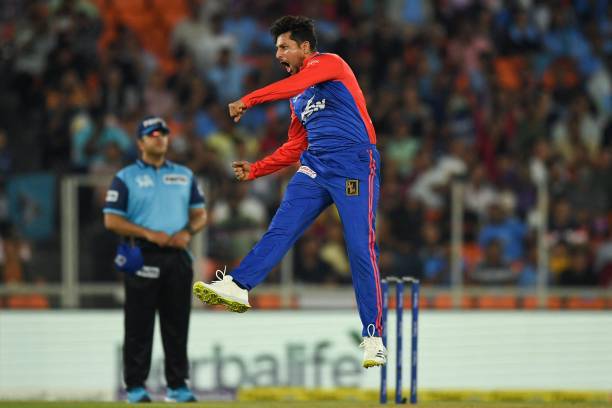The Impact of Stress on Physical Performance and How to Manage It: Cricbet 99, Sky1exchange com, Reddy anna book
cricbet 99, sky1exchange com, reddy anna book: Stress is an inevitable part of life, but when left unchecked, it can take a toll on both our physical and mental well-being. In particular, stress can have a significant impact on physical performance, affecting our ability to perform at our best in various activities such as sports, exercise, and even daily tasks. Understanding the relationship between stress and physical performance is key to finding ways to manage stress effectively and optimize performance.
1. How Stress Affects Physical Performance
When we experience stress, our bodies go into a state of heightened arousal, triggering the release of stress hormones such as cortisol and adrenaline. While these hormones can be helpful in short bursts, prolonged exposure to stress can lead to negative effects on physical performance. Chronic stress can contribute to muscle tension, fatigue, decreased coordination, and impaired reaction times, all of which can hinder our ability to perform at our peak.
2. The Role of Stress in Exercise
Stress can impact our exercise performance in several ways. For example, stress can increase muscle tension, making movements feel more rigid and effortful. It can also result in elevated heart rates and reduced oxygen delivery to muscles, leading to decreased endurance and stamina. Additionally, stress can impair our ability to focus and concentrate, negatively affecting technique and coordination during workouts.
3. Stress and Sports Performance
In the realm of sports, stress can have a significant impact on an athlete’s performance. High levels of stress can lead to increased anxiety and nervousness, which can interfere with an athlete’s ability to stay calm and focused during competition. Stress can also affect decision-making abilities, reaction times, and overall performance quality, potentially influencing the outcome of a game or match.
4. Strategies to Manage Stress and Improve Performance
To effectively manage stress and optimize physical performance, it’s important to incorporate stress management techniques into your routine. Some strategies to consider include:
– Regular exercise: Physical activity can help reduce stress levels and improve mood, leading to better overall performance.
– Mindfulness and meditation: Practices such as mindfulness and meditation can help calm the mind and body, reducing stress and enhancing focus.
– Proper nutrition: Eating a balanced diet can support energy levels, mood stability, and overall physical performance.
– Adequate rest and recovery: Getting enough quality sleep is essential for physical recovery and stress reduction.
– Seeking support: Talking to a therapist, coach, or trusted individual can provide valuable insights and coping mechanisms for managing stress.
5. FAQs
Q: Can stress have a positive impact on physical performance?
A: While some level of stress can be motivating and improve performance temporarily, chronic stress is more likely to have negative effects on physical performance.
Q: How can I tell if stress is affecting my physical performance?
A: Pay attention to signs such as muscle tension, fatigue, decreased coordination, and difficulty focusing during physical activities.
In conclusion, stress can have a significant impact on physical performance, but with awareness and proactive management, it is possible to mitigate these effects and optimize performance. By incorporating stress management strategies into your routine and seeking support when needed, you can enhance your physical performance and overall well-being. Remember that taking care of your mental health is just as important as taking care of your physical health.







